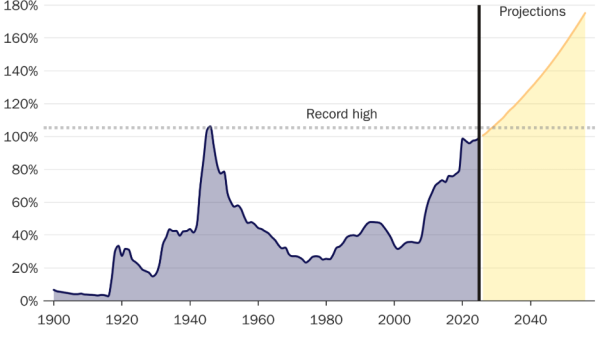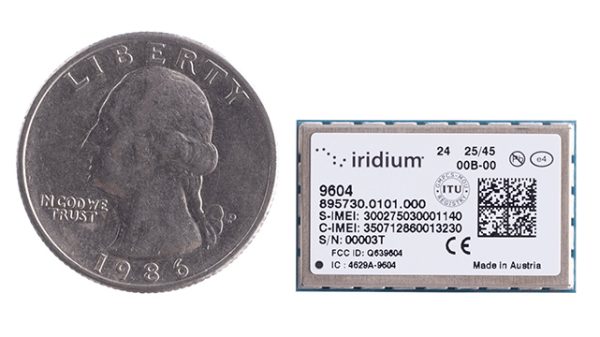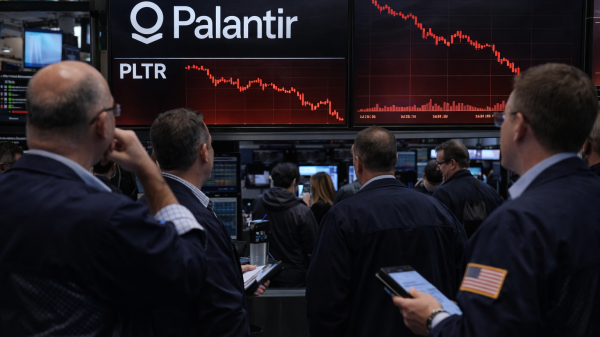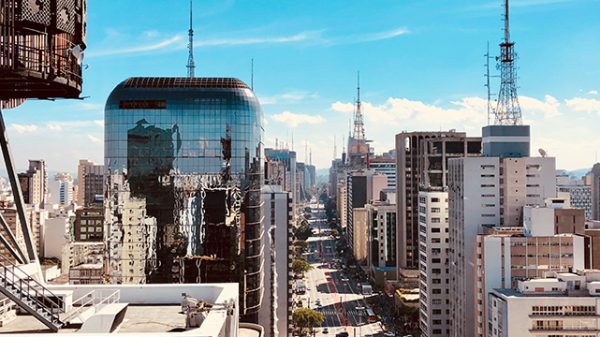Japan is experiencing a record surge in tourism, and with it, an unusual spike in restaurant prices.
Popular tourist destinations like Niseko and Tokyo are seeing exorbitant price tags on meals, with some dishes costing three to five times more than usual.
This trend reflects both the economic dynamics of a weakened yen and the booming influx of international visitors.
In Niseko, a renowned ski resort in Hokkaido, a bowl of crab ramen can cost up to ¥3,800 (£20.78), and katsu curry can reach ¥3,200 (£17.50).
These prices are significantly higher than those in nearby Sapporo, one of Japan’s culinary hubs.
In Tokyo’s Toyosu Senkyaku Banrai, a bowl of rice topped with sashimi can fetch almost ¥7,000 (£38.32), about five times the local rate.
Similar trends are observed in Tokyo’s Tsukiji Market, Kyoto’s Nishiki Market, and Osaka’s Dotonbori neighborhood, where street stalls are charging premiums well above the usual rates.
Surge in tourism and the Impact of a weak Yen
Japan welcomed nearly 17.8 million tourists in the first half of 2024, surpassing the previous record of 16.63 million in 2019, according to the Japan National Tourism Organization (JNTO).
This surge is partly due to the slumping value of the yen, which is trading near a 40-year low against the dollar. With the influx of tourists, businesses have seized the opportunity to charge higher prices, leading to the term “inbound-don” to describe overpriced rice bowls targeting affluent tourists.
Some restaurants are introducing tiered pricing structures to cater to both locals and tourists.
Tamateboko, a seafood buffet restaurant in Tokyo’s Shibuya, offers a ¥1,000 (£5.48) discount to Japanese citizens and residents.
A weekday lunch costs ¥5,478 (£30.11) for locals and ¥6,578 (£36.16) for foreign travelers.
This approach, while effective in leveraging tourist spending, has sparked debate about its fairness and potential discrimination.
Official support for differential pricing
Despite these concerns, some Japanese officials support differential pricing for tourists. Hideyasu Kiyomoto, the mayor of Himeji City, suggested that foreign tourists pay up to four times the standard admission rate to visit Himeji Castle, Japan’s first UNESCO World Heritage Site.
Osaka Governor Hirofumi Yoshimura has shown interest in adopting a similar model for Osaka Castle.
The head of the Hokkaido Tourism Organization also advocates for different prices for tourists and locals.
Proponents of charging foreign tourists more argue that the extra revenue could support heritage conservation and the training of English-speaking staff.
Japan has precedent for charging tourists more. Since October 2023, Miyajima Island has implemented a tourist tax. Hikers on Mt. Fuji’s most popular trail have paid a ¥2,000 (£10.96) entrance fee since July, and foreign travelers have faced a ¥1,000 departure tax since 2019 to improve tourism infrastructure.
As Japan’s tourism sector continues to grow, the country must balance extracting more revenue from visitors with ensuring the value of the experience justifies the cost. Japan has much to offer as a travel destination, but the tourism industry should remain focused on providing happy and memorable experiences for all visitors.
The post Japanese eateries hike prices as tourist influx reaches record levels appeared first on Invezz


























